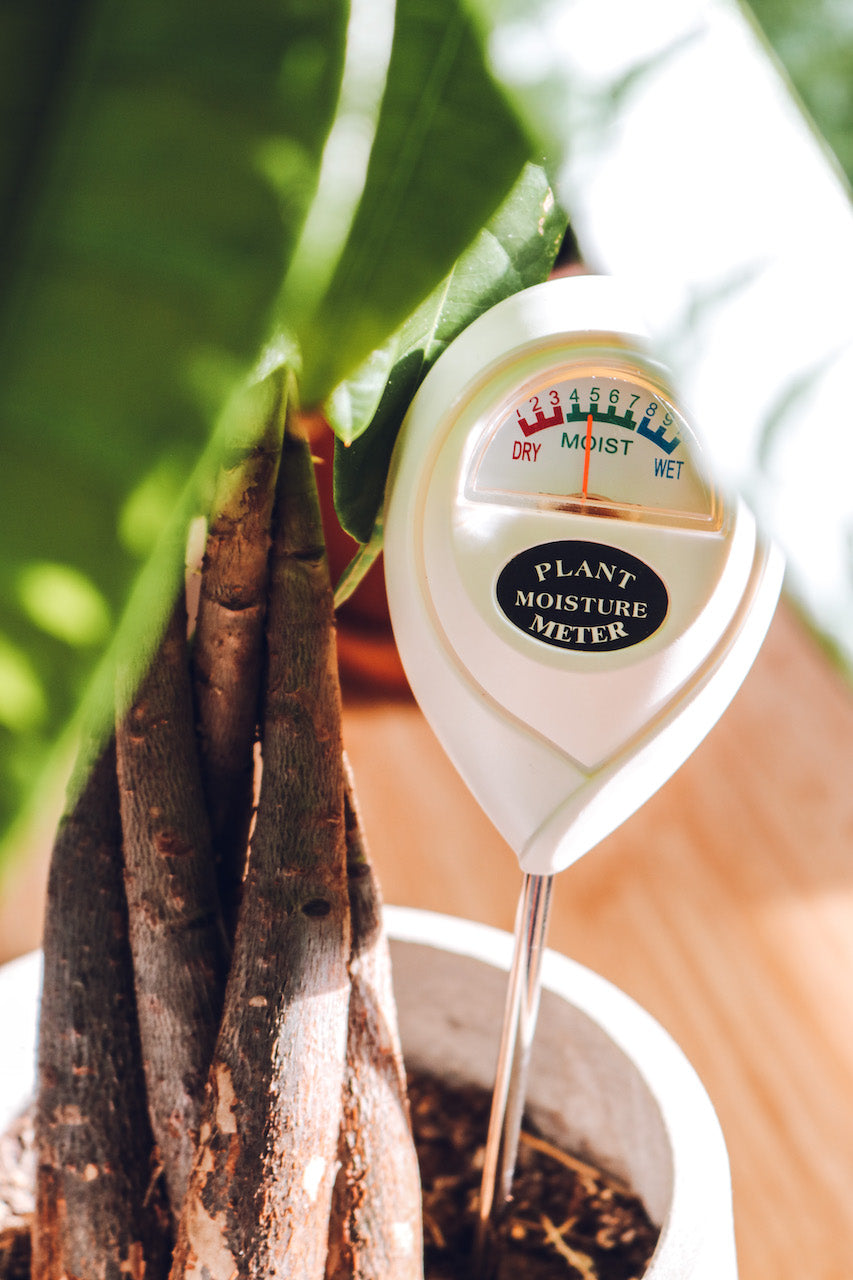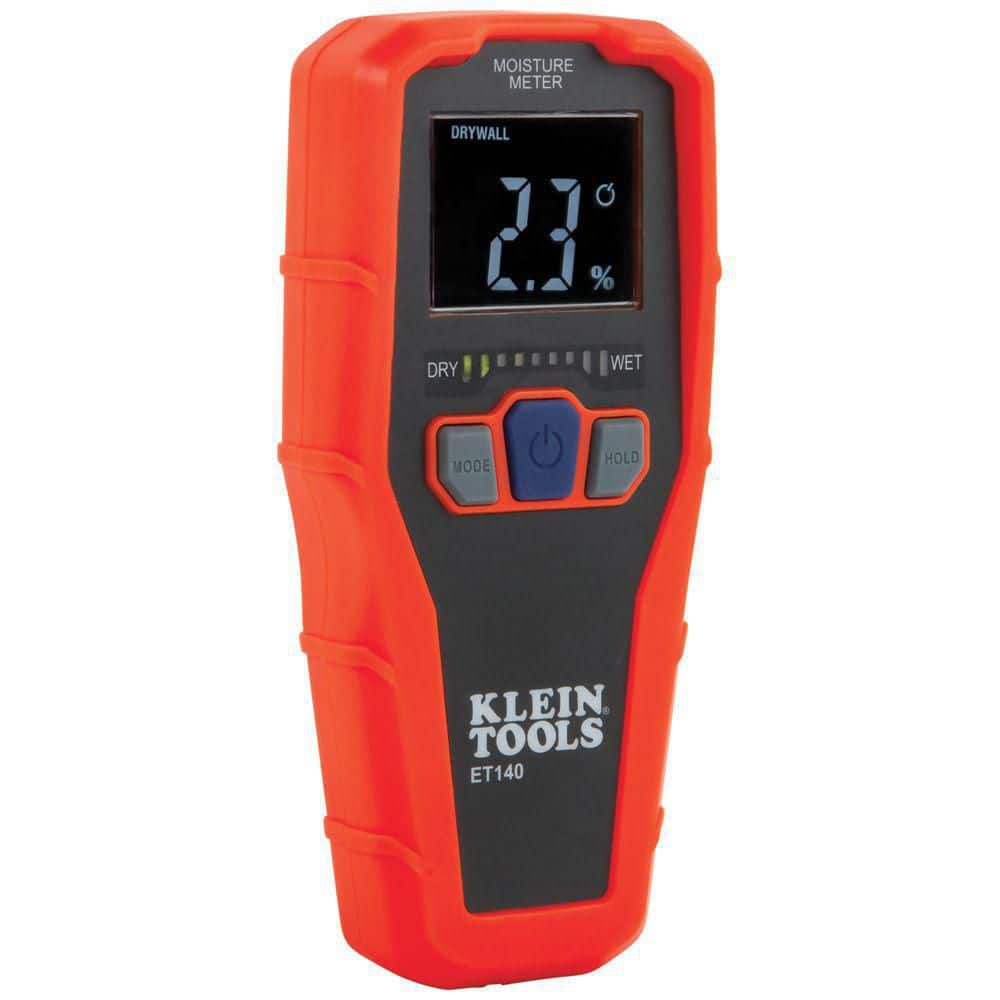The Science Behind Moisture Meters: Exactly How They Function and Why They're Important
The Science Behind Moisture Meters: Exactly How They Function and Why They're Important
Blog Article
The Ultimate Overview to Wetness Meters: A Comprehensive Introduction and Exactly How They Can Conserve You Cash
In the world of structure maintenance, building and construction, and numerous sectors, the significance of properly gauging wetness degrees can not be overstated. Wetness meters act as important devices in identifying and monitoring moisture material in products, assisting in protecting against costly problems and making sure the high quality of products. Recognizing the nuances of different kinds of wetness meters, their applications, and the possible cost-saving benefits they provide can be a game-changer for organizations and specialists alike. Discovering just how these gadgets can not only enhance procedures however also add to monetary cost savings is a journey worth starting.
Kinds Of Moisture Meters
Numerous types of dampness meters are readily available for various applications in numerous industries. One typical type is the pin-type moisture meter, which determines the electric resistance in between two pins placed right into a material. This kind is suitable for wood, drywall, and various other building products. Pinless wetness meters, on the various other hand, usage electromagnetic sensor plates to check a bigger location without triggering damage to the material's surface. Moisture Meter. These meters are optimal for rapidly analyzing wetness degrees in big locations such as floorings and walls.

Furthermore, there are additionally specialized wetness meters developed for specific products like hay, grain, or dirt. These meters supply exact moisture readings tailored to the distinct residential or commercial properties of the product being examined. Infrared wetness meters determine the thermal buildings of a material to establish its moisture web content non-invasively, making them helpful for applications where pin or pinless meters may not appropriate. Comprehending the different types of dampness meters offered can help sectors pick the most ideal tool for their particular wetness dimension needs.

Advantages of Using Moisture Meters
Dampness meters use invaluable benefits in precisely monitoring and analyzing wetness degrees in varied materials and environments. One of the primary advantages of using wetness meters is the avoidance of potential damage triggered by excess moisture.
Furthermore, making use of wetness meters can lead to raised energy efficiency. By recognizing locations with high dampness degrees, such as leakages or inadequate insulation, modifications can be made to enhance power preservation and reduce energy prices. In agricultural setups, wetness meters play a vital function in maximizing plant returns by making it possible for farmers to keep track of soil moisture levels and make informed irrigation choices. In general, the advantages of making use of dampness meters cover across numerous sectors, giving economical services and promoting much better high quality control practices.
Exactly How to Pick the Right Dampness Meter
Selecting the ideal moisture meter entails taking into consideration key aspects such as material compatibility, measurement array, and calibration precision. When choosing a moisture meter, it's vital to ensure that the meter is suitable for the particular product you will certainly be screening. Various products have differing electric homes that can impact dampness analyses, so picking a meter made for your product is crucial for accurate results. Additionally, consider the measurement range of the moisture meter. Ensure that the meter can spot moisture levels within the range needed for your applications. Calibration precision is an additional critical factor to remember. Opt for a moisture meter with reputable calibration to make sure exact and constant readings. Some meters might call for routine calibration adjustments, so understanding the calibration process is necessary. By thoroughly examining these aspects, you can pick a moisture meter that fulfills your needs and provides exact wetness dimensions for your jobs.
Appropriate Techniques for Wetness Meter Usage

Cost Cost Savings Through Wetness Meter Applications
Exactly how can the calculated use of wetness meters lead to significant price savings throughout different sectors? In the agriculture market, moisture meters aid in determining the ideal time for harvesting plants, preventing excess or over-drying moisture that can influence the final item's quality.
Likewise, in construction, wetness meters aid avoid pricey damages by detecting wetness degrees in building materials, such as timber or concrete, which can result in architectural concerns if not resolved immediately. By recognizing problem areas beforehand, professionals can take rehabilitative measures to avoid substantial repairs or replacements, eventually conserving money and time.
Additionally, in the food processing market, dampness meters are vital for checking product high quality and making certain conformity with safety policies. By precisely determining moisture material in food products, makers can protect against spoilage, maintain freshness, and reduce waste, resulting in considerable price financial savings. On the whole, the critical application of dampness meters is a valuable financial investment that can lead to substantial price reductions and improved efficiency across various sectors.
Verdict
In conclusion, wetness meters are important tools for measuring these details and detecting wetness levels in different materials. By making use of the appropriate dampness meter and complying with correct techniques, customers can successfully prevent expensive damages created by excess dampness.
Moisture meters offer as indispensable tools in detecting and monitoring moisture material in products, helping in stopping costly problems and ensuring the high quality of items. Infrared dampness meters measure the thermal residential or additional reading commercial properties of a product to determine its wetness web content non-invasively, making them valuable for applications where pin or pinless meters might not be appropriate.Wetness meters offer invaluable advantages in precisely evaluating and checking wetness degrees in varied products and environments. In agricultural settings, wetness meters play a critical role in maximizing crop yields by making it possible for farmers to monitor soil moisture levels and make informed irrigation decisions.In final thought, wetness meters are useful tools for finding and gauging moisture degrees in numerous products.
Report this page